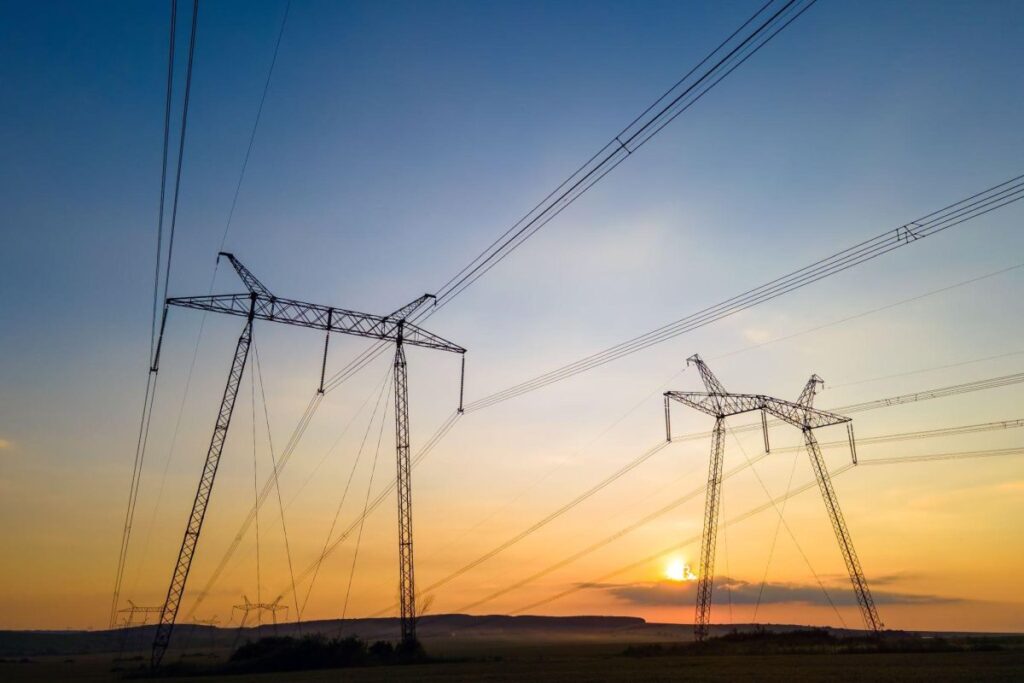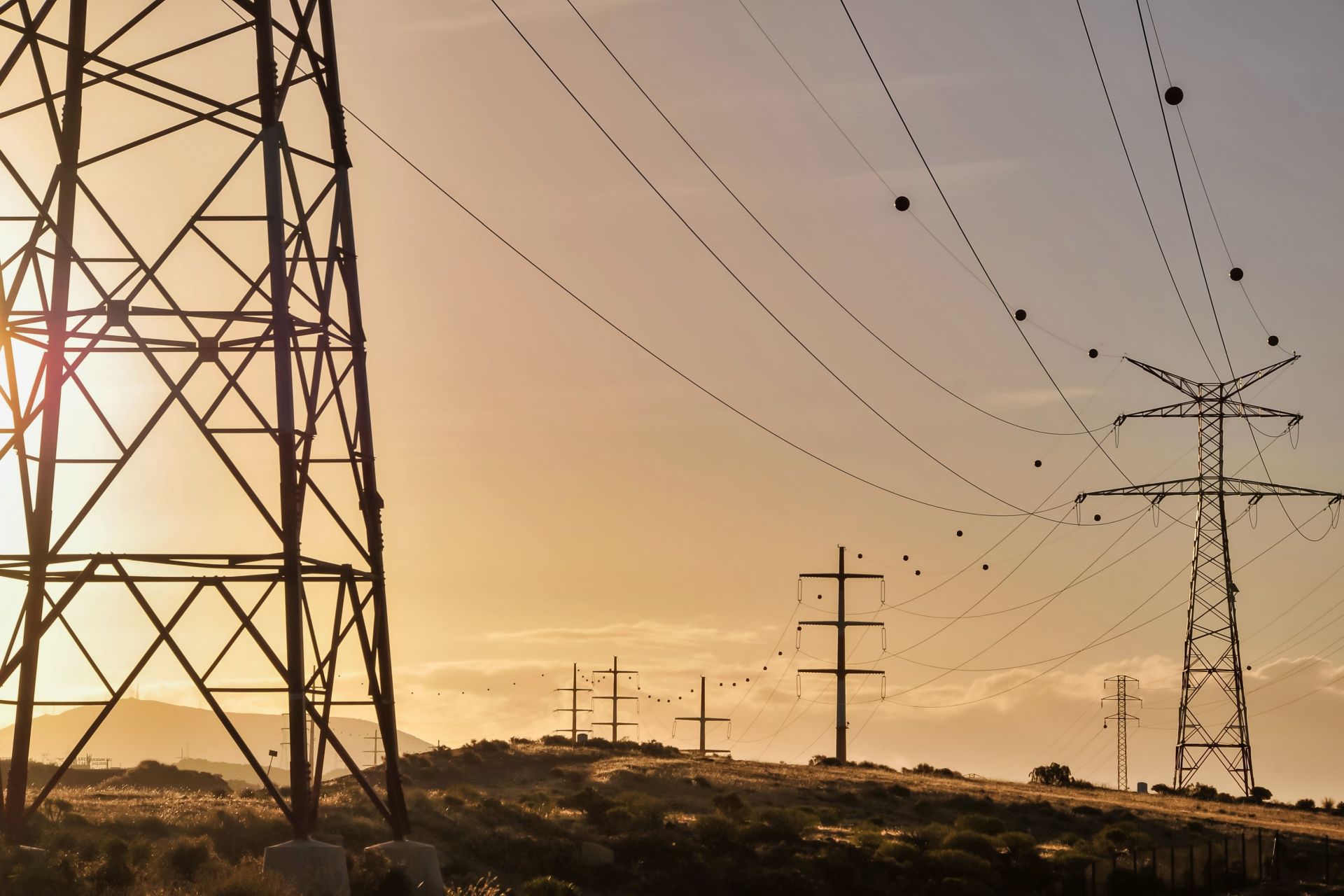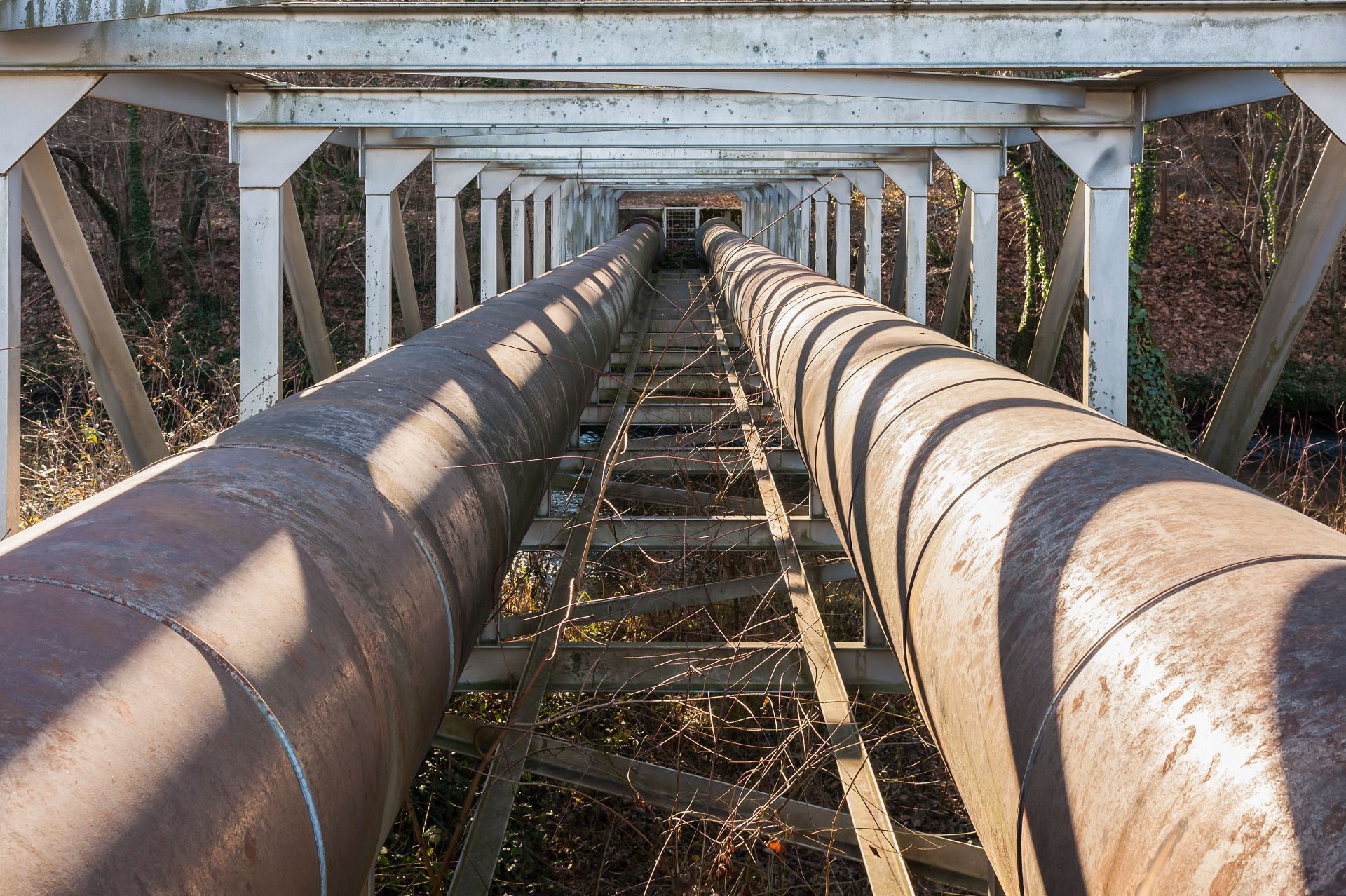WWW.UTILITYDIVE.COM
American Electric Power has inquiries from potential customers to add 108 GW across its service territory, Ben Fowke, interim president and CEO, said at a Senate hearing Tuesday.
Dive Brief:
- Sens. Joe Manchin, D-W.Va., and John Barrasso, R-Wyo. – chairman and top Republican, respectively, on the Senate Energy and Natural Resources Committee – plan to soon share with colleagues draft bipartisan permitting reform legislation, Manchin said Tuesday.
- A more efficient permitting process is needed to bring renewable energy generation online, but also pipelines to transport carbon dioxide captured from fossil-fuel power plants and other energy infrastructure, Manchin said during a committee hearing on the challenges from the growing power demands of U.S. data centers, manufacturers and other sources.
- “So when Senator Schumer said he thought [permitting reform] was not going to go anywhere, I think it must go somewhere, and we have it ready to go… and we’re working with our Republican colleagues here, our Democratic colleagues, and we will go and see if we can move this from this committee forward on the floor,” Manchin said.
Dive Insight:
Manchin, whose term is up at the end of this year, remains intent on passing energy infrastructure siting and permitting reform legislation. Various Democratic and Republican reform bills are pending in the Senate, including Manchin’s Building American Energy Security Act as well as the SPUR Act and RESTART Act offered by Barrasso and Sen. Shelley Moore Capito, R-W.Va., respectively, among others.
During the hearing, Manchin said the Federal Energy Regulatory Commission’s just-issued transmission planning and cost allocation reform rule would be helpful in bolstering grid reliability, but more is needed.
The rule, for example, doesn’t address expanding transmission capacity between regions, according to Manchin.
“These rules are using the tools FERC currently has and are not a replacement for Congressional action,” Manchin said. “These rules help with one aspect of one part of a bigger set of grid permitting problems, but, as my friend Senator Hickenlooper said, they’re ‘a Band-Aid on Congress’s inaction.'”
Committee members Sens. Catherine Cortez Masto, D-Nev., Bill Cassidy, R-La., John Hickenlooper, D-Colo., and Angus King, I-Maine, said they support permitting reform.
“Lawsuit after lawsuit can effectively tie up something and effectively kill a project,” Cassidy said. “I’d like to say that folks on the other side of the dais want powerlines, and the folks on this side want pipelines, but we really want both because we know that both are essential.”
The debate over permitting reform comes as some sectors of the U.S. economy appear poised to grow rapidly – a buildout that may require more infrastructure like power lines. AEP has potential customers with 108 GW of load seeking to connect to the utility company’s 11-state system, according to testimony from Ben Fowke, American Electric Power interim president and CEO.
And U.S. manufacturers are poised to add facilities with 36 GW of load by 2030, Karen Onaran, Electricity Consumers Resource Council president and CEO, said at the hearing.
“We strongly encourage Congress to pass electric transmission and energy infrastructure planning and siting and permitting reform to reduce the long and often unsurmountable study requirements and misguided opposition from regulatory authorities,” Onaran said.
Fowke urged Congress to work with regulators to ensure that the power system had enough resources, partly by preventing dispatchable power plants from shutting down too early. He called for creating a central planning authority to review resource adequacy plans on a region-by-region basis.
“Forming a central planning authority solely focused on the issue could, among other things, provide large customers the confidence they need to grow their business while giving utilities and other interested parties the certainty that they can meet the new demand,” Fowke said in his testimony.
Congress should speed the building of 24/7 dispatchable and clean generation resources to meet growing electric demand by encouraging FERC to allow for “fast-tracking” resources in interconnection queues that utilities say are needed to serve customers, Fowke said.
The fastest way to increase power supplies to meet growing demand in the next few years is to “build the things we know how to build,” and the vast majority of new dispatchable power will be from gas-fired power plants, Mark Mills, executive director of the National Center for Energy Analytics, told the committee.
Sen. King said the discussion at the hearing was missing a vital piece of context: the cost of failing to respond to climate change.
“We’re like in a car on a railroad track with a train coming toward us and we’re talking about the cost of a tow truck,” King said, noting that day there were storm-related power outages in Houston.
It may be significantly more expensive to let climate change occur than paying for measures that could reduce its effects, according to King. “Nobody is saying we should go back to hydro because they love the looks of dams,” King said. “They’re saying we should be talking about renewable power because the alternative… is catastrophic, in terms of dollars and cents.”
The United States needs to “absolutely” address the threat of climate change, according to Fowke. “But we also have to balance that against the need for reliable and affordable power,” he said.











